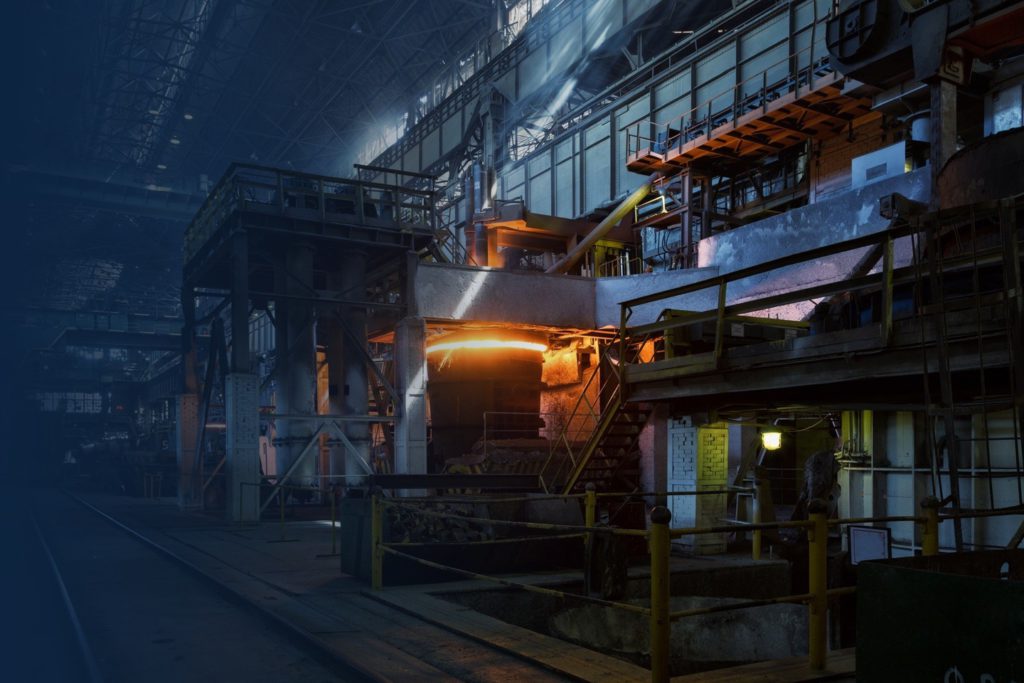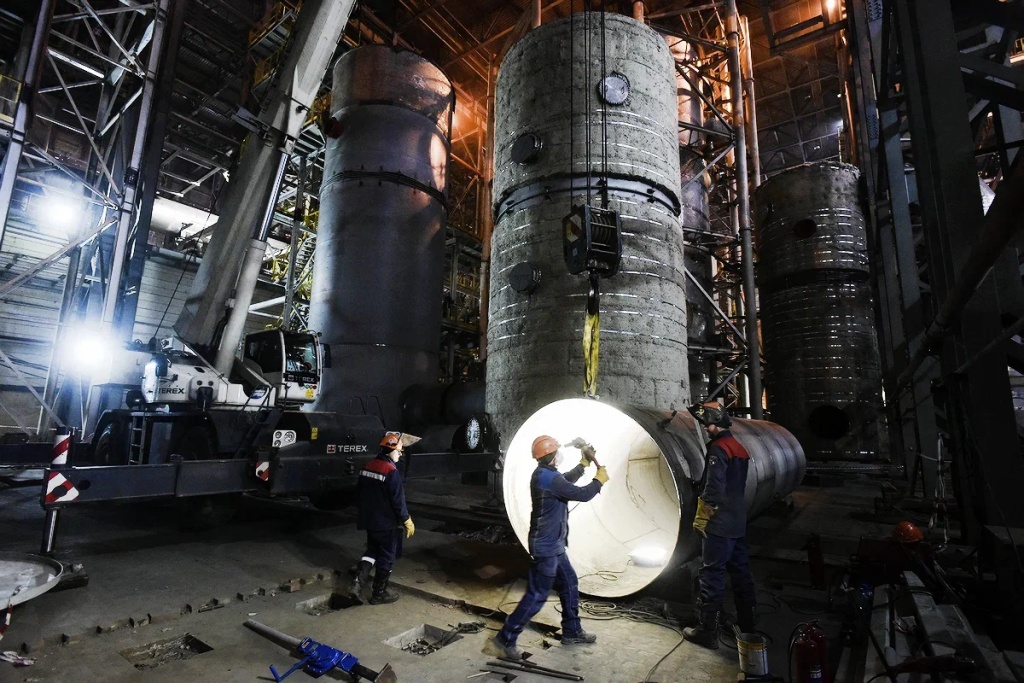LME partner Metalshub targets lower-content nickel trading

The global metals sector needs viable spot trading to underpin burgeoning output of lower-content nickel products, but industry participation is key, said the head of German online platform Metalshub, which has linked up with the London Metal Exchange.
The lack of lower-content nickel trading on the LME was a factor that helped fuel a wild spike in LME nickel prices in March and forced the exchange to temporarily shut the market.
Production has surged in recent years of so-called class 2 nickel, such as nickel pig iron (NPI) and ferronickel, which contain lower amounts of nickel, but is not traded on any exchange.
The class 1 nickel that can be delivered against the LME’s contract will amount this year to only 650,000 tonnes, or around 21%, of global nickel production, compared with 50% in 2012, according to Macquarie analyst Jim Lennon.
Metalshub mainly deals in raw materials used in the steel industry, most of which are not listed on the main exchanges, but its second most traded product last year was nickel.
Earlier this year, Metalshub developed a price index for class 1 nickel briquettes premiums, after forging a partnership last year with the LME, the world’s biggest market for industrial metals.
“Of course briquettes are not class 2 nickel, but it shows what is possible if you’ve got sufficient liquidity,” Metalshub Managing Director Frank Jackel told Reuters.
“Technically we could do immediately the same for a product like nickel sulphate, ferronickel and nickel pig iron.”
The Metalshub platform lists ferronickel and NPI, but liquidity is not broad enough and too erratic to establish a recurring price index, Jackel said.
“Ultimately it’s a decision of the industry to say we want to establish a robust price discovery mechanism for those products.”
The LME said it was keen to develop new solutions based on market needs.
“We appreciate there is demand to hedge class 2 nickel price exposure but we would need to be sure that the market was fully confident in the underlying pricing methodology,” it said in response to an enquiry.
“We are encouraged by the ongoing industry discussions on this topic and are pleased to play a role in these.”
Metalshub and the LME were due to work together to develop more liquidity in trading low-carbon aluminum, but that has been put on hold for the time being, Jackel and the LME said.
The main reason for the delay is that market participants are not very interested at the moment, perhaps because of Russia’s invasion of Ukraine, disrupted supply chains and the economic outlook, Jackel said.
Another factor is that Russia’s Rusal is one of the biggest producers of low carbon aluminum.
Metalshub more than tripled turnover last year to about 950 million euros and has built on those gains this year despite lower prices, Jackel said.
(By Eric Onstad; Editing by Mark Potter)
{{ commodity.name }}
{{ post.title }}
{{ post.date }}




Comments